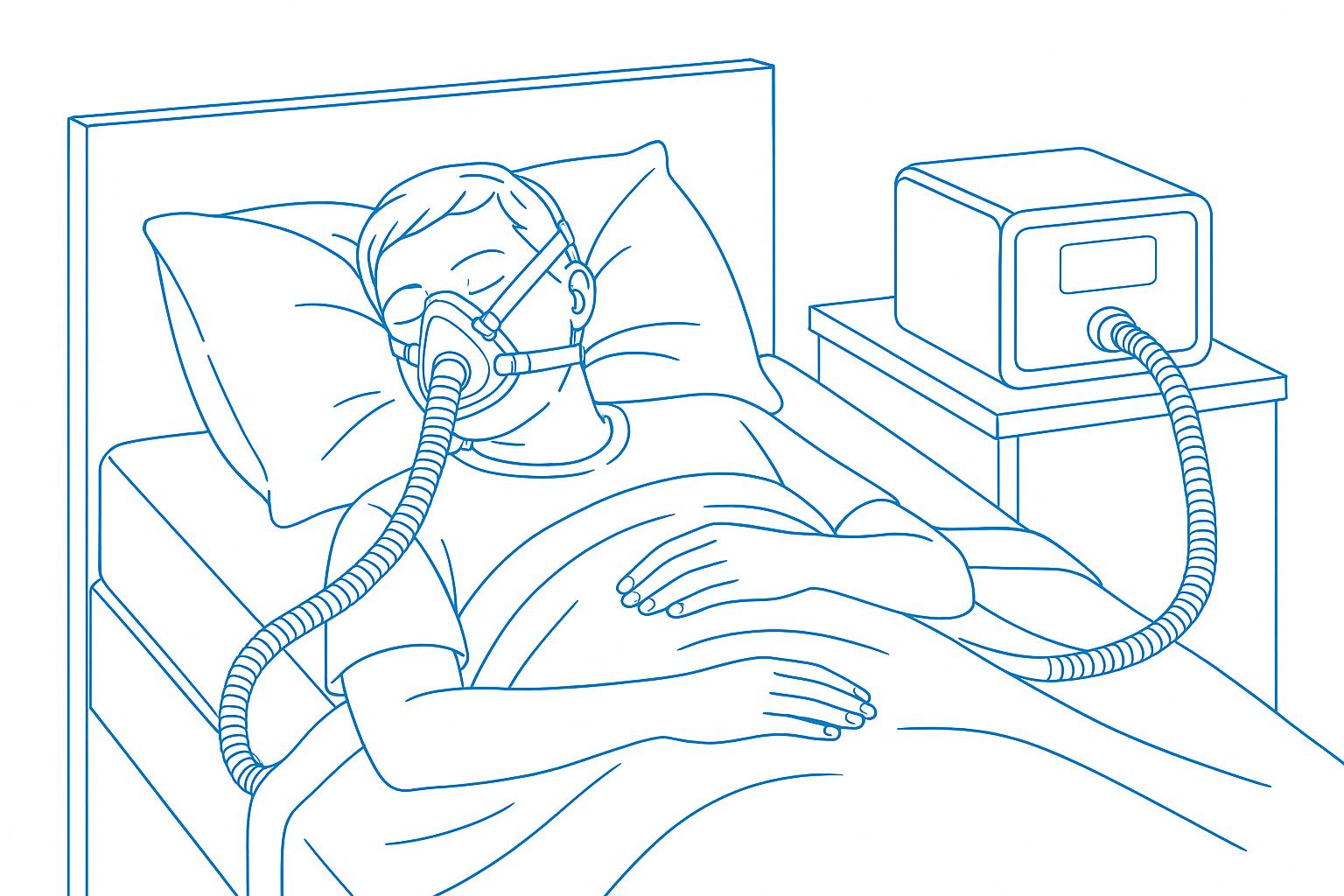
Sleep-related hypoventilation is a condition where a person's breathing slows down or becomes shallow during sleep, leading to lower oxygen levels in the body. This can cause disrupted sleep and make you feel tired during the day.
If you're shopping for a mattress and often wake up feeling groggy or short of breath, it might be worth discussing sleep-related hypoventilation with a healthcare professional.
An example of hypoventilation is when a person breathes shallowly and infrequently, leading to an increase in carbon dioxide levels in the blood, such as during sleep apnea or in certain neuromuscular disorders.
Treatment for hypoventilation syndrome often includes noninvasive ventilation methods, lifestyle changes, and addressing underlying conditions, such as obesity or respiratory diseases.
Nocturnal hypoventilation can be treated with continuous positive airway pressure (CPAP) therapy, bilevel positive airway pressure (BiPAP), or supplemental oxygen, depending on the severity and underlying causes.
Hypoventilation syndrome is a condition characterized by inadequate ventilation, leading to elevated carbon dioxide levels and decreased oxygen levels in the blood, often resulting from obesity, neuromuscular disorders, or respiratory diseases.
Browse our selection of sleep products and find the right solution for your needs.
Shop Sleep Products